Keywords: Clergy Sex Abuse
There are more than 24 results, only the first 24 are displayed here.
Become a subscriber for more search results.
-

RELIGION
- Bill Uren
- 11 December 2024
A contentious graduation speech at Australian Catholic University laid bare divisions between traditional Catholic values and modern sensibilities. The backlash, marked by audience walkouts, underscores broader challenges facing the Church.
READ MORE
-
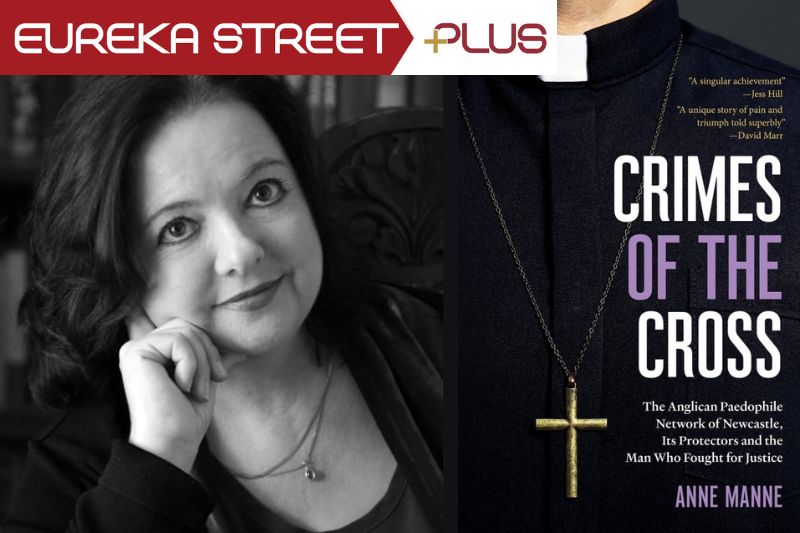
ARTS AND CULTURE
Recent years have made clerical child sexual abuse a badge of shame within Australia’s Catholic hierarchy, and rightly so. But Anne Manne’s new book, Sins of the fathers, will give pause to those who blame these offences on the rule of hieratic celibacy.
READ MORE 
-

RELIGION
- Jamie Calder
- 21 June 2023
5 Comments
The Royal Commission into Institutional Responses to Child Sexual Abuse made a recommendation for professional supervision within religious and pastoral environments. But can professional supervision repair broken trust, ensure accountability, and promote a more ethical approach to care in the face of past failings?
READ MORE
-
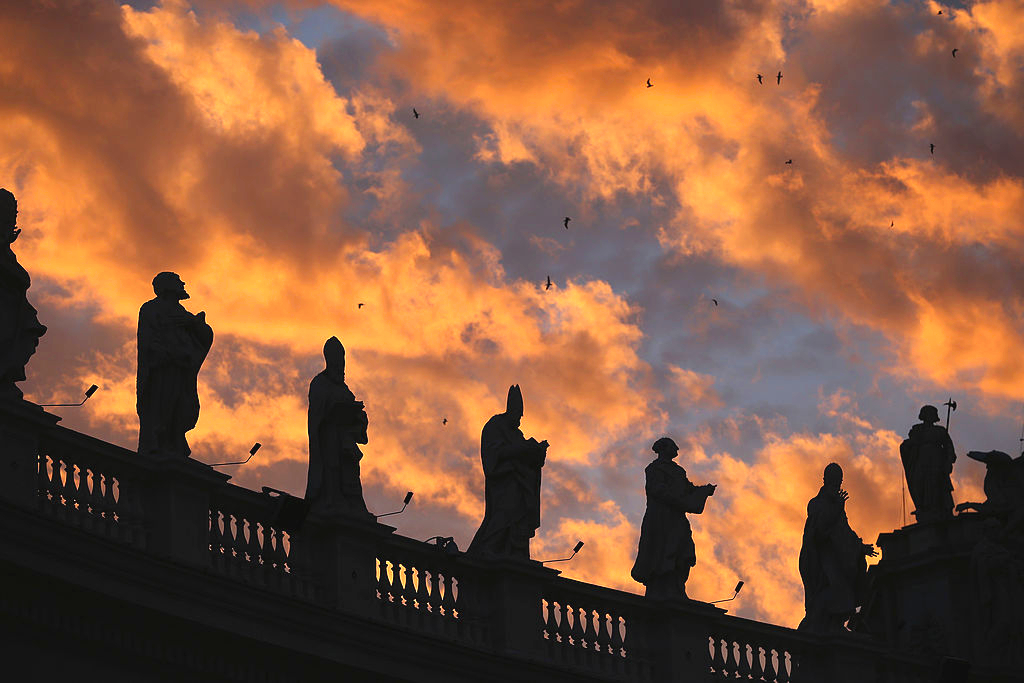
RELIGION
- Miles Pattenden
- 12 January 2023
Many Catholics will have found the news from Germany this past week painful. A law firm, Westpfahl Spilker Wastl, has presented findings in its investigation into historic sexual abuse in the Munich archdiocese. Running to 1,000 pages, the report is shocking: it lists at least 497 victims for the period 1945–2019 and identifies 235 probable offenders including 173 priests and nine deacons.
READ MORE
-

RELIGION
- Paul Collins
- 20 September 2022
5 Comments
The word ‘Catholic’ is derived from the Greek Καθολικός (katholikos) meaning universal, of the whole, and the entire tradition is the very opposite of sectarian, particularist, narrow. It is most truly itself when it’s embracing and inclusive.
READ MORE 
-

RELIGION
- Miles Pattenden
- 27 January 2022
31 Comments
Many Catholics will have found the news from Germany this past week painful. A law firm, Westpfahl Spilker Wastl, has presented findings in its investigation into historic sexual abuse in the Munich archdiocese. Running to 1,000 pages, the report is shocking: it lists at least 497 victims for the period 1945–2019 and identifies 235 probable offenders including 173 priests and nine deacons.
READ MORE 
-

RELIGION
- Tracy McEwan, Patricia Gemmell
- 06 October 2021
15 Comments
Annabel Crabb’s ABC TV documentary series Ms Represented had us gasping, laughing and raging all at once. The series struck an achingly familiar chord as women from different political parties and generations voiced their common experience of sexism and misogyny in Australia’s parliament, elucidating just how hard it is for women to have a voice at the table in Australian institutions of power.
READ MORE 
-
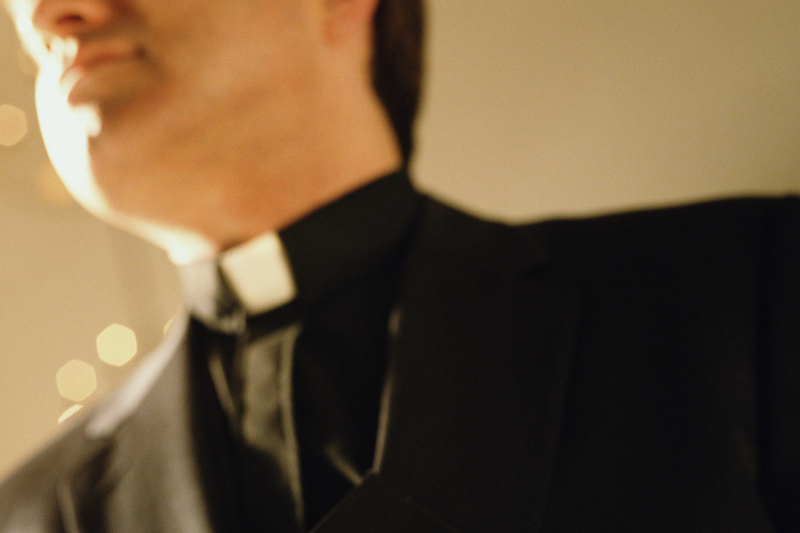
RELIGION
- Gideon Goosen
- 23 September 2021
60 Comments
The Final Report of the Royal Commission into Institutional Responses to Child Sexual Abuse identified clericalism as a significant contributor to abuse across religious institutions Australia-wide. Clericalism is rooted in a theological belief that the clergy are different to the laity, having undergone an ‘ontological change’ at ordination, and feeds the notion that the clergy may not be challenged. And according to the report, the culture of clericalism is on the rise in seminaries in Australia.
READ MORE 
-
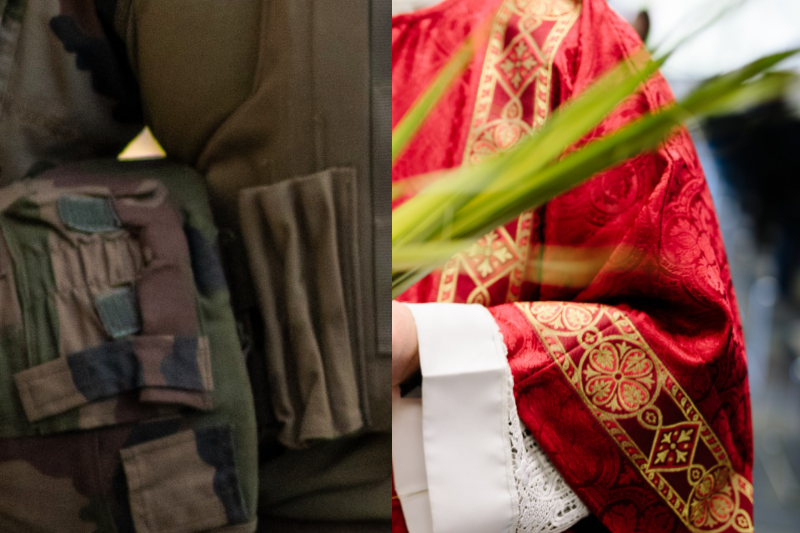
AUSTRALIA
- John Warhurst
- 01 December 2020
31 Comments
The Australian community and its government are struggling to come to terms with the extremely serious allegations against members of the SAS for their alleged criminal misconduct during the war in Afghanistan. At the same time, we Catholics are experiencing a bad case of déjà as there are many echoes of how we felt when the Royal Commission into Institutional Responses to Child Sexual Abuse (RC) began in 2013.
READ MORE 
-
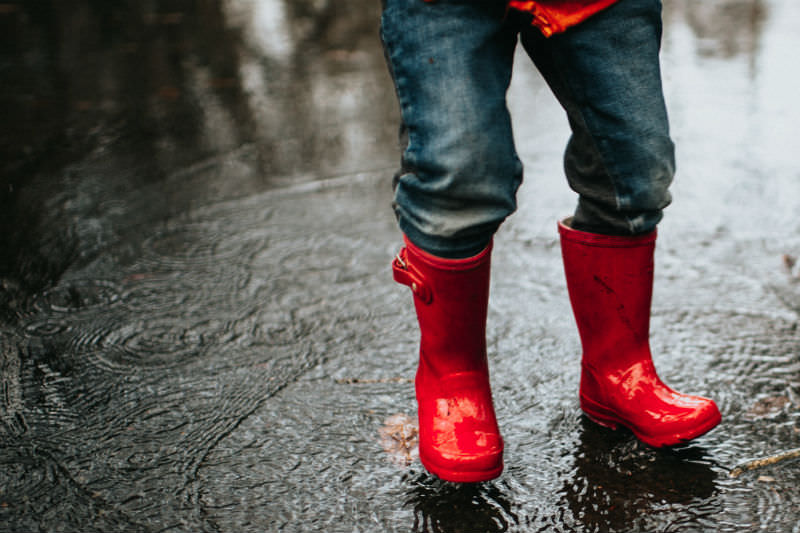
RELIGION
- John Warhurst
- 14 October 2019
8 Comments
The royal commission concluded that child safety, in all its organisational ramifications, raised questions of culture and governance for the church. If the Plenary Council 2020 doesn't take such issues seriously then it will be one indicator that the momentum around last year's official national apology has slowed.
READ MORE 
-

RELIGION
- Michael Furtado
- 14 June 2019
34 Comments
Martel's work cannot be ignored because it is published at a time when the Church is engulfed by several sexual scandals of global magnitude. Reviewing Martel's book provides an opportunity to critically examine the narratives of accusation and defence that surround such accounts, so that onlookers can make sense of them.
READ MORE 
-

RELIGION
- Sheree Limbrick
- 30 May 2019
16 Comments
To be effective, safeguarding requires genuine engagement with, listening, valuing and responding to children — respecting and upholding their rights and inherent dignity. The Safeguarding Standards strive to embed these practices within the Catholic Church.
READ MORE 